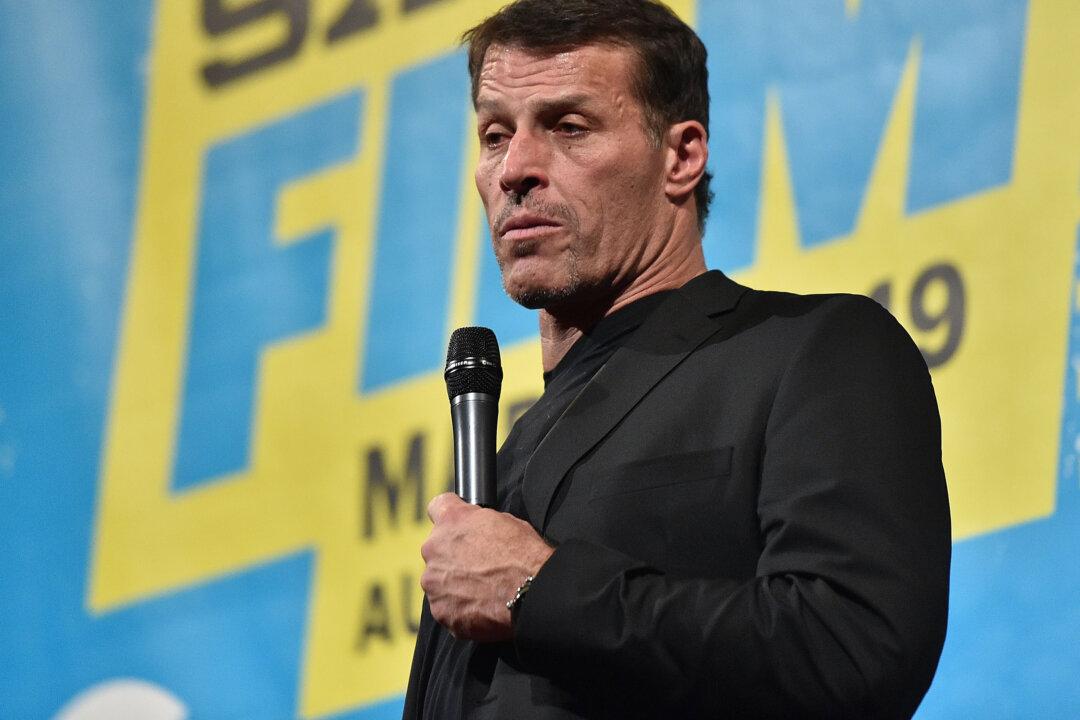Tony Robbins is suing BuzzFeed for a series of stories the website has published about the popular motivational speaker.
“Far from the watchdogs they once were, too many members of today’s tabloid and entertainment media ignore traditional journalistic ethics, values, and standards. Too often, in the hyper-competitive, celebrity-driven and political [sic] charged environment that currently exists, they fail to verify facts and vet sources, and are permitted to present predetermined stories supporting an agenda or outcome they believe will sow the most outrage and engagement with their target audiences whether true or not,” Robbins said in a statement on Nov. 22.





